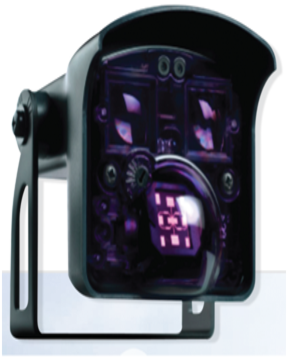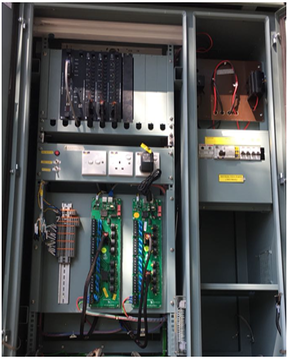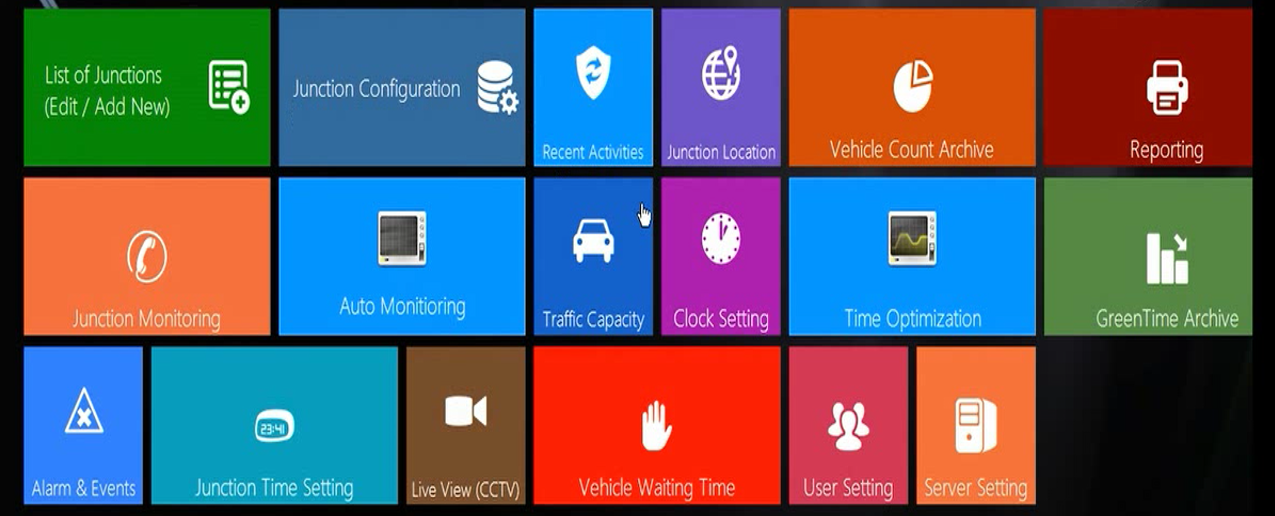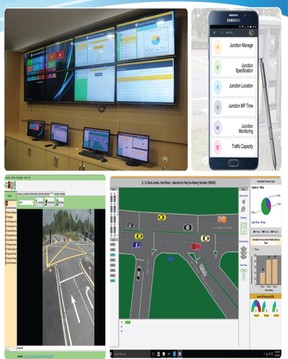Adaptive Traffic Control System
Today, most of the traffic signals operates on synchronized fixed time slot basis although this is not an effective way to operate the signal in the present traffic condition. Poor traffic signal timing contributes to traffic congestion and delay.

Conventional signal systems use pre-programmed, daily signal timing schedules. Adaptive signal control technology adjusts the timing of red, yellow and green lights to accommodate changing traffic patterns and ease traffic congestion. The main benefits of adaptive signal control technology over conventional signal systems are that it can:
Continuously distribute green light time equitably for all traffic movements
Improve travel time reliability by progressively moving vehicles through green lights
Reduce congestion by creating smoother flow
Prolong the effectiveness of traffic signal timing
Improving Traffic Flow
Wait, go, stop, wait, wait some more; most drivers have spent time fuming at red lights. Maybe the intersection was empty, yet the light stayed red for a maddening amount of time. Or perhaps the road is so congested that you have to wait three or more full light cycles before you can make a left turn. Why don't traffic lights adjust to actual conditions?
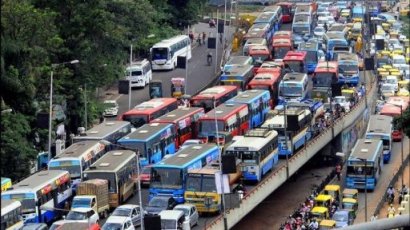
Adaptive Signal Control Technologies (ASCT), in conjunction with well engineered signal timing, can do just that. By receiving and processing data from strategically placed sensors, ASCT can determine which lights should be red and which should be green. ASCT helps improve the quality of service that travelers experience on our local roads and highways. Less unnecessary delays and traffic moves quickly and smoothly.
The process is simple. First, traffic sensors collect data. Next, traffic data is evaluated and signal timing improvements are developed. Finally, ASCT implements signal timing updates. The process is repeated every few minutes to keep traffic flowing smoothly. On average ASCT improves travel time by more than 10 percent. In areas with particularly outdated signal timing, improvements can be 50 percent or more.

